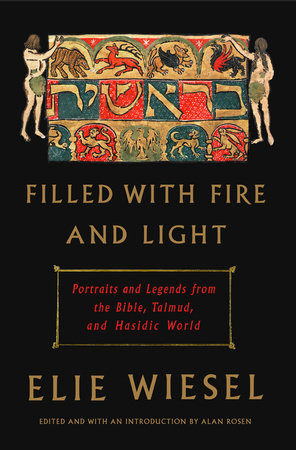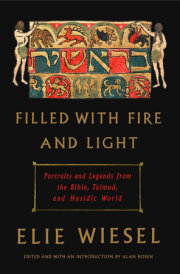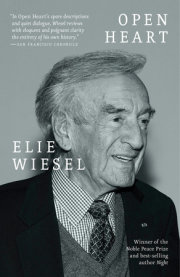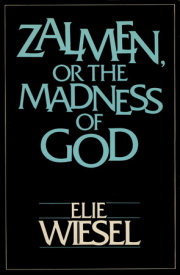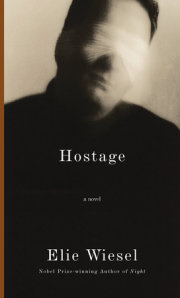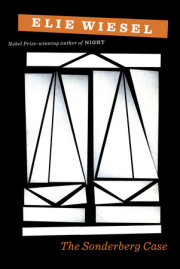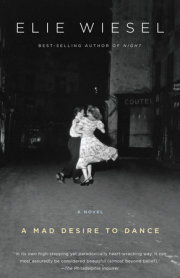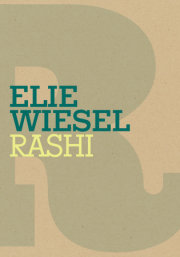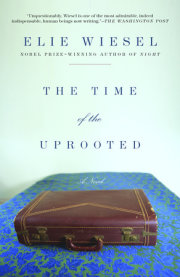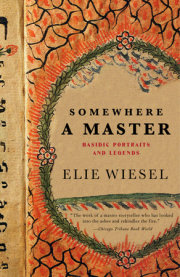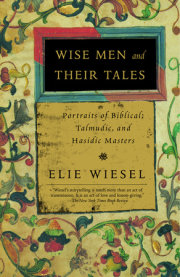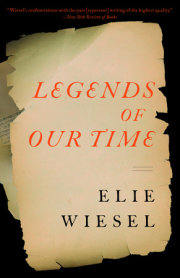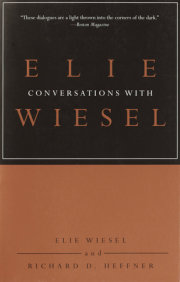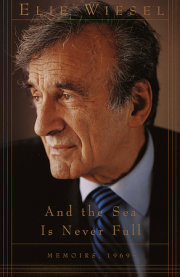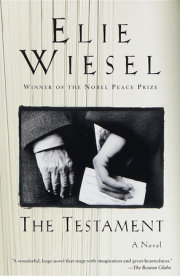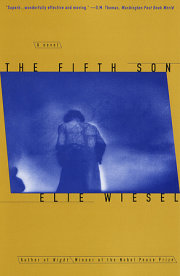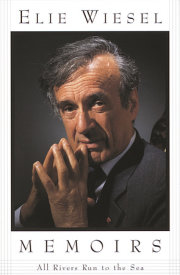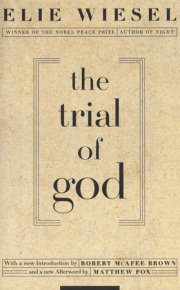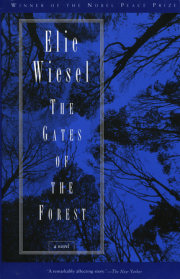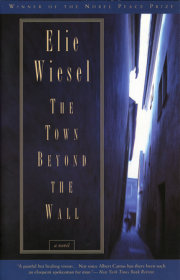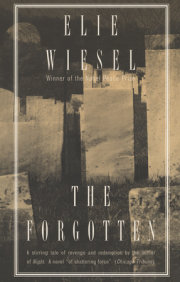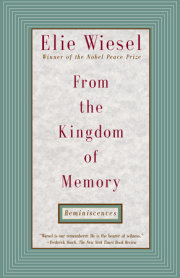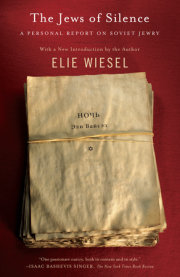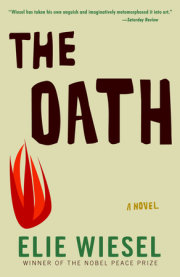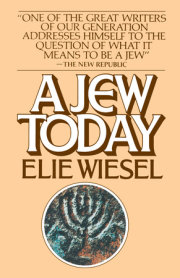Elisha
The Perfect Disciple
The man is strange, elusive, complex, full of contradictions. Why is he so severe one day and so affectionate the next? Which principle governs his existence? A man of faith, is he a carrier of hope or of punishment? Is he dominated by rage or by love? He astonishes us by his humanity as much as by his inflexibility. Can he be understood by us, always? Does he understand himself? How is one to reconcile the kindness he shows a barren woman and the tenderness he demonstrates toward a lifeless boy with his apparent cruelty to other, living children?
Of course, he is a prophet, and prophets do not seek to be understood or admired. All they want is to be obeyed. They teach by example. They follow God’s words; why shouldn’t people follow theirs? People rarely understand what a prophet expects of them. Nor does he understand what God wants of him. But he remains obedient—always.
Is Elisha son of Shafat my favorite prophet? As with the great Hasidic masters whose souls were sent down to put ours on fire, all of the prophets are my favorite—but one at a time. When I evoke Isaiah, the prince of the prophets, it is he whom I most admire. But when I tell of Jeremiah’s witness, it is he whose inspiration I seek. Each time I am drawn to a prophet, whether because of the majesty of his language or the intensity of his vision, he becomes the melodious center of my inner landscape.
Since Moses, the prophets have shaped the lives of the Jewish people by influencing their practices as well as their dreams. Some distinguished themselves through fear, others through hope. Some felt their mission was to disturb, others to console. What do they have in common? They allow the human being to be sovereign and speak truth to power. For them, truth matters. God is not only truthful, He is Truth itself. Truth is God’s seal, just as human beings are in His image. Our prophets proclaimed this even if it made them unpopular. Since they were not elected to their positions with the assistance of political parties, they were totally independent. They owed nothing to kings or to their subjects because they owed everything to God and God alone. God was their only elector and very special protector. And yet, prophets led lives filled with solitude and suffering; only rarely did God come to their aid. But they knew that their suffering had meaning.
How can one not feel for them, how can one not approach them with both humility and gratitude?
The Romans had their legislators and gladiators, the Greeks their oracles and philosophers. As for the Jews, they had their prophets. Did they reveal the future? No. The present occupied them more deeply than the future. What they did was unravel the significance of the present so as to understand its consequences for the future. In so doing, they praised virtue and condemned the cheap seduction of evil. Their mission consisted of trying to reunite the people of Israel and the God of Israel.
Were they all-powerful? Was their power limitless? In matters of study and law, they enjoyed no privileged status. “Chakham adif mi’navi,” states the Talmud. A sage, a master has priority over the prophet. In debates, it is the word of the sage and the scholar that is decisive. We are guided by his position, not by that of the prophet. But isn’t the prophet God’s emissary? Yes, but his voice is like the bat kol, the heavenly voice; it does not affect the outcome of the debate. We are commanded to believe that the Torah “lo b’shamayim hi,” the Torah is not in heaven but here, on earth. It is to be found not among the angels but among human beings. It is up to us to appropriate it, study it, comment on it, and interpret its eternal message. Is it meant to put the prophet back in his place? Perhaps, but—where is his place?
These questions relate to all the prophets—thus also to Elisha. Who is he when he is not possessed by God’s words and is compelled to use his own? Does he have a private life, a secret existence? Does he have aspirations that are independent of God?
Whenever we approach a biblical or Talmudic topic, we must place it in the context of our need to create through learning a community from which it is possible to draw, as from an inexhaustible fountain, a joy that is exhilarating and pure. One studies these texts not out of a desire to please or to conquer but to better understand things that both elude and envelop our being in an endless quest for transcendence.
One studies the words left to us by the prophets in order to penetrate our collective memory, to help us find ourselves again, as we did thousands of years earlier, in the silence that, at dawn, hovers over the eternity one encounters only in the stones and the souls of Jerusalem.
Copyright © 2021 by Elie Wiesel. All rights reserved. No part of this excerpt may be reproduced or reprinted without permission in writing from the publisher.

